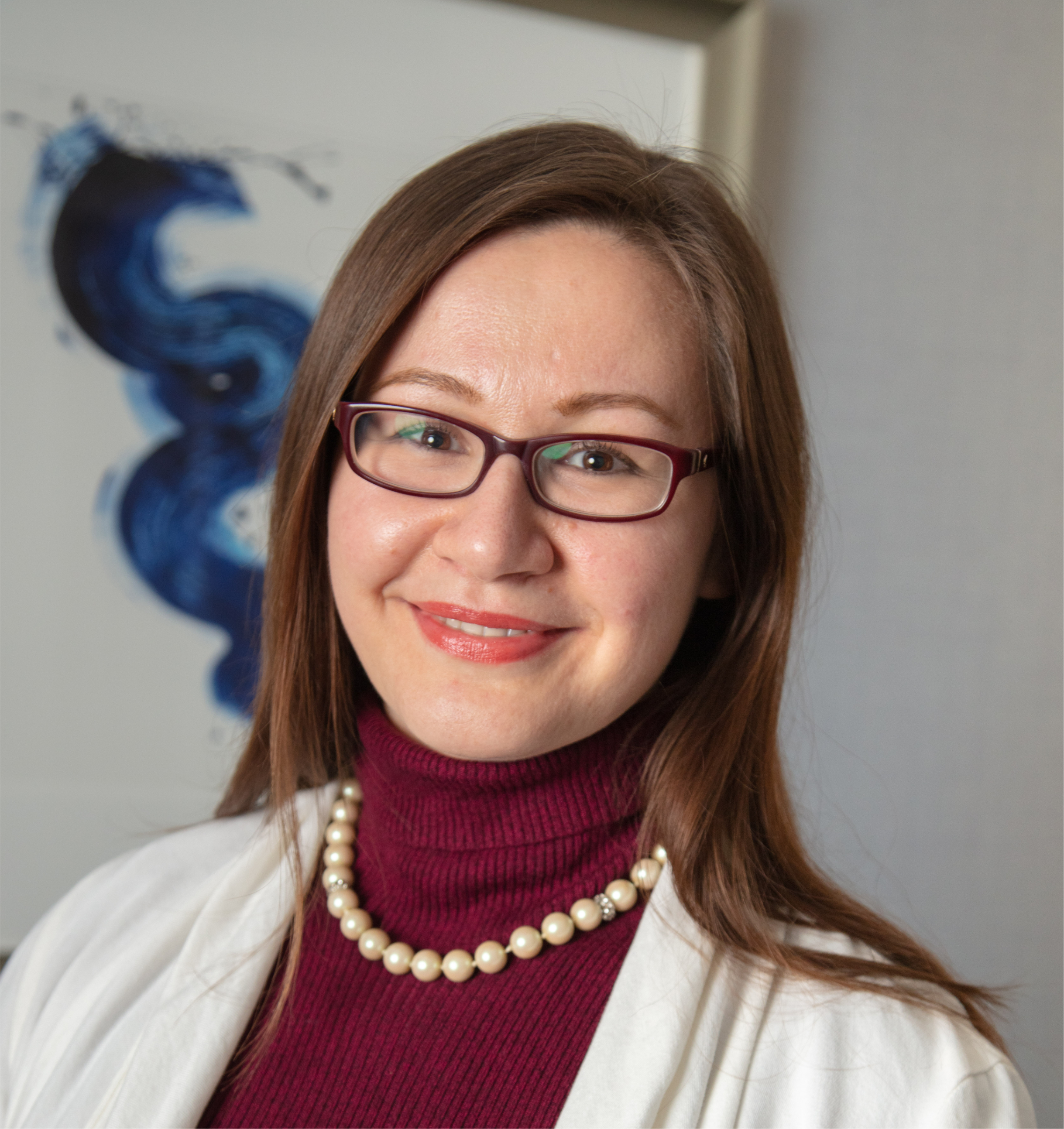The Pittsburgh Sleep Quality Index (PSQI) is a short self-report questionnaire and the most widely used subjective measure of sleep quality.[1] The PSQI consists of 24 questions or items measuring seven dimensions from 0 (best) to 3 (worst). These seven factors can be broadly categorized into sleep efficiency factors (sleep quality, sleep latency, sleep duration, and habitual sleep efficiency) and sleep disturbance factors (sleep disturbance, use of sleep medications, and daytime disturbance).
For example, sleep duration of more than 7 hours scores 0, while sleeping less than 5 hours is a score of 3. Adding up the average scores of the seven factors gives a global PSQI score from 0 to 21, with 0–4 indicating “good” sleep and 5–21 indicating “poor” sleep. This subjective and straightforward measure of sleep quality may seem oversimplified. However, a review found that, besides being short and practical for clinical and non-clinical research, the PSQI has high reliability and validity in measuring sleep quality.[2] The PSQI has also been proposed as the primary method to measure sleep quality by expert consensus recommendations.[3]
In summary, the PSQI is a practical measure of sleep quality. Numerous independent studies have repeatedly validated the reliability and validity. Thus, the PSQI is one of the most widely used subjective measures of sleep quality — and rightly so.
References
- ^Buysse DJ, Reynolds CF 3rd, Monk TH, Berman SR, Kupfer DJThe Pittsburgh Sleep Quality Index: a new instrument for psychiatric practice and researchPsychiatry Res.(1989 May)
- ^Marco Fabbri, Alessia Beracci, Monica Martoni, Debora Meneo, Lorenzo Tonetti, Vincenzo NataleMeasuring Subjective Sleep Quality: A ReviewInt J Environ Res Public Health.(2021 Jan 26)
- ^Daniel J Buysse, Sonia Ancoli-Israel, Jack D Edinger, Kenneth L Lichstein, Charles M MorinRecommendations for a standard research assessment of insomniaSleep.(2006 Sep)
